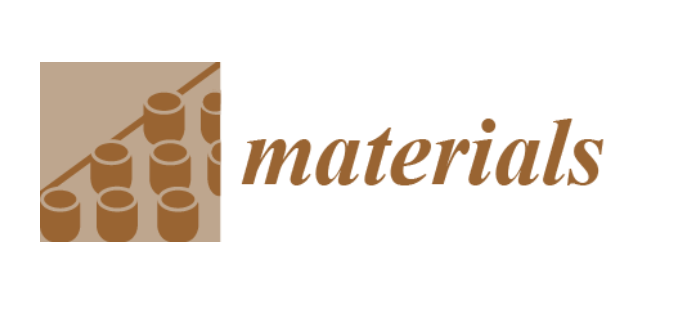W ramach prac interdyscyplinarnego zespołu badawczego przeprowadzono badania w zakresie procesów kontroli jakości wytwarzania przyrostowego w kontekście wymagań i potrzeb Przemysłu 4.0. Jednym z członków zespołu badawczego był pracownik Zakładu Systemów Złożonych dr inż. Andrzej Paszkiewicz prof. PRz. Wyniki prac zostały opublikowane w czasopiśmie naukowym Materials (obecna punktacja MNiSW 140 pkt, IF: 3.057).
Budzik, G.; Woźniak, J.; Paszkiewicz, A.; Przeszłowski, Ł.; Dziubek, T.; Dębski, M. Methodology for the Quality Control Process of Additive Manufacturing Products Made of Polymer Materials. Materials 2021, 14, 2202. https://doi.org/10.3390/ma14092202
Abstract
The objective of this publication is to present a quality control methodology for additive manufacturing products made of polymer materials, where the methodology varies depending on the intended use. The models presented in this paper are divided into those that are manufactured for the purpose of visual presentation and those that directly serve the needs of the manufacturing process. The authors also a propose a comprehensive control system for the additive manufacturing process to meet the needs of Industry 4.0. Depending on the intended use of the models, the quality control process is divided into three stages: data control, manufacturing control, and post-processing control. Research models were made from the following materials: RGD 720 photopolymer resin (PolyJet method), ABS M30 thermoplastic (FDM method), E-Partial photopolymer resin (DLP method), PLA thermoplastic (FFF method), and ABS thermoplastic (MEM method). The applied measuring tools had an accuracy of at least an order of magnitude higher than that of the manufacturing technologies used. The results show that the PolyJet method is the most accurate, and the MEM method is the least accurate. The findings also confirm that the selection of materials, 3D printing methods, and measurement methods should always account not only for the specificity and purpose of the model but also for economic aspects, as not all products require high accuracy and durability.














